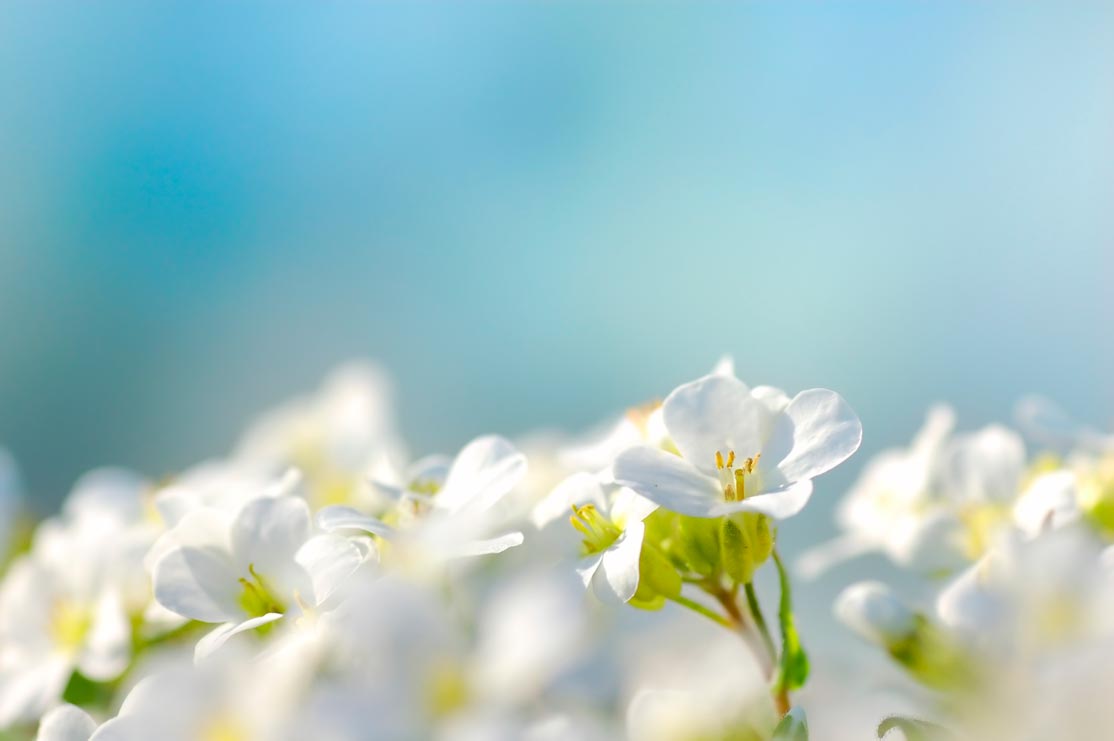Posted on junio 13, 2020 by Comunicaciones Florverde
Florverde reproduces the following text from AFE, considering that it is of interest to our readers.
Click on the link to read the content on it’s original source: https://endowment.org/covid-19-faqs-and-safety-guidelines-for-the-floral-industry/
The Coronavirus hit the floral industry very hard this spring at a time that usually has high sales and profits. In the first few weeks of this pandemic, floral sales plummeted. We were concerned not only about the survival of businesses but for the health and safety of family, friends, and employees. All segments have been required to adjust to local and state mandates. And, without a doubt, this virus has impacted every aspect of our daily lives.
Medical professionals are seeking answers to unknown facts about this terrible disease. One fact that has become evident is that the virus is highly contagious from person to person. It is not clear, however, why some people die from the disease while others may be asymptomatic and why some locations are impacted while others are not affected. At this time, it is frightening that it is not known how COVID-19 will develop the remainder of this year and in years to come. Prediction models show that there will be additional infections and additional spikes of infections in certain areas. We can all hope for an effective vaccination soon. Until then, the floral industry must continue to adapt business practices and employee work practices to keep people healthy while seeking a successful business.
At AFE, we recognize the problems facing the industry and strive to provide resources to alleviate challenges. As the industry adapts and changes, we receive questions about the virus so we are providing information that may be useful. The following questions and answers are designed to reduce the impact of COVID-19 on you, your employees, your customers, and your family.
Q. Can the virus be transmitted in plants and flowers?
A. No. There is no evidence that COVID-19 can infect a plant. In fact, plant cells have a cell wall while animal cells have a cell membrane but not a cell wall. The COVID-19 particle can penetrate the cell membrane in animal cells. However, the COVID-19 particles, while only 125 nanometers, is one of the largest virus particles and they are too large to enter the plant cell wall. And, even if they could enter the cell, they would need receptors in the cell – these receptors do not exist in plant cells.
Q. Does this mean that flowers and plants cannot spread COVID-19?
A. No. If a person handling plants and flowers has been infected with COVID-19 and coughs, sneezes, or even breathes on plants and flowers, virus particles could be deposited on the surface of the leaves, flowers, or stems or on flower boxes or flower containers. It is not known how long the virus particles will live on flowers and plants. Experts are not sure yet if the virus is spread by aerosol or droplets. People who are asymptomatic (approximately 35%) may spread the virus without their knowledge. For this reason, anyone handling plants and flowers should wear a mask to prevent the spread of the disease.
Q. How can we protect our employees and customers from exposure to COVID-19?
A. Many of the critical elements to prevent the spread of COVID-19 relate to sanitation and social distancing. Why? This virus, just as with the common cold, is spread person-to-person by aerosol or droplets from the nose and mouth. The following procedures should be followed:
- Wash hands with soap and warm water frequently.
- Sanitize all work surfaces, tools, and equipment. If some of these items are shared, then they should be cleaned before the next person uses them.
- Clean (sanitize) floors of work areas, coolers, and vehicles daily. Shared vehicles should be sanitized between each use.
- Always wear a mask.
- Keep employees 6 feet from each other (social distancing is effective).
Having many people in an enclosed space is one of the most common ways that the virus is spread. This situation is being referred to as ‘superspreader’ conditions resulting in high-risk exposure to the virus.
Q. How do I clean and what should I use?
A. First, it is important to realize that not all cleaners are disinfectants. There are a few cleaners that are effective. Some floral industry disinfectants contain Quaternary Ammonium Compounds – they are effective and provide residual control after drying. And, they do not need to be washed off unless the surface will be used for food items. Bleach will kill COVID-19 spores, but the effectiveness of bleach is very short. Regardless of the disinfectant used, the surface being cleaned should remain moist for 15 minutes.
As we progress through this ‘new normal’ living and business conditions, we know that our decisions will be vital to reducing the impact and spread of this virus. For now, wearing a mask, practicing social distancing, and disinfecting all items handled are the most reliable ways to remain safe and healthy.
The AFE Trustees and staff all express our continued support during these difficult times. We are all facing this together. We will continue to provide you with resources to help overcome some of the new challenges and aid in recovery.






